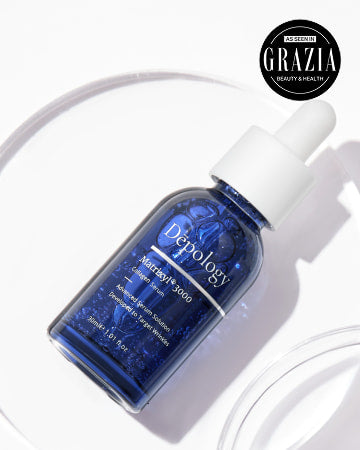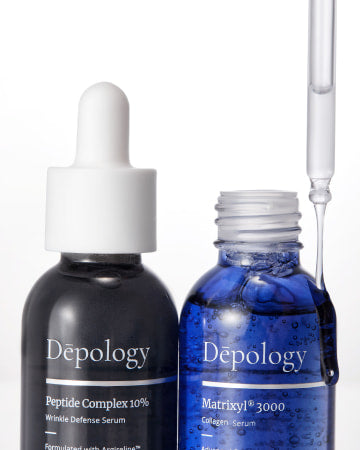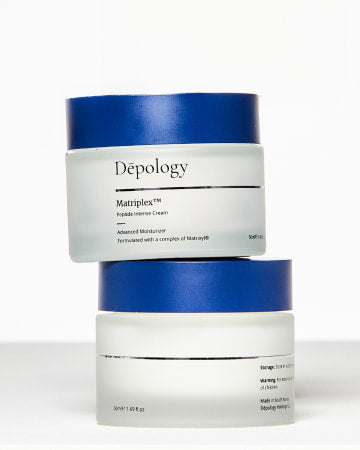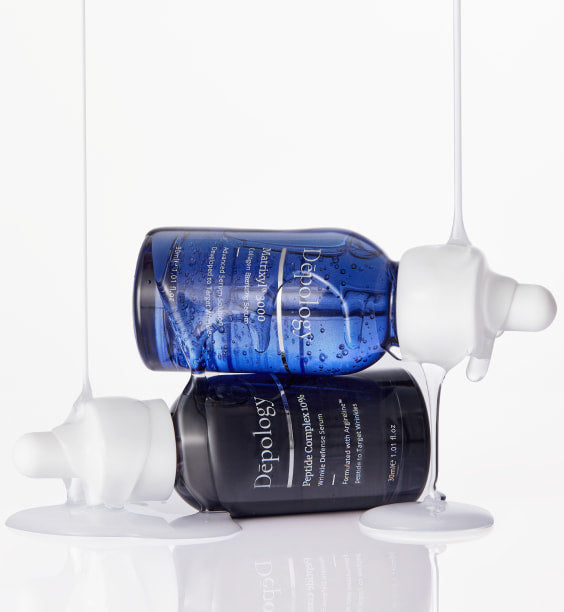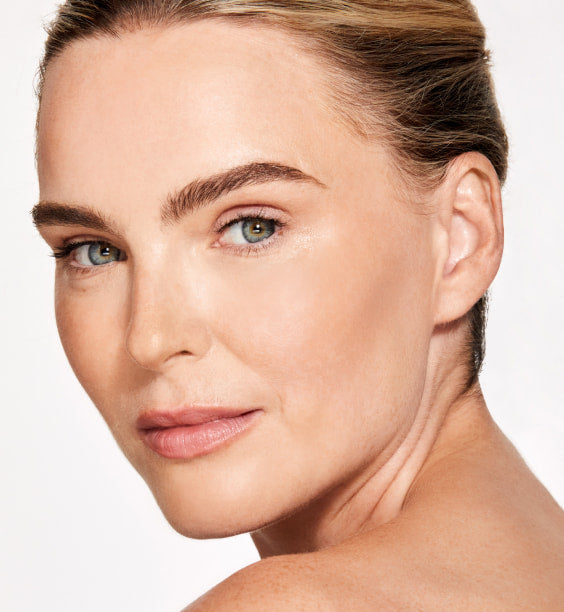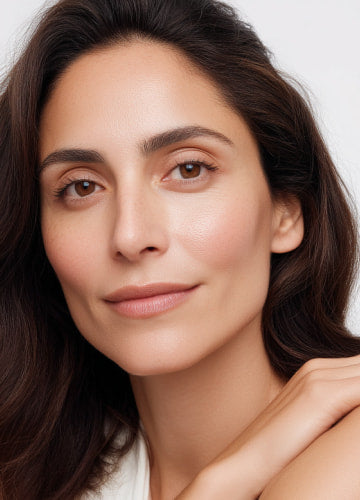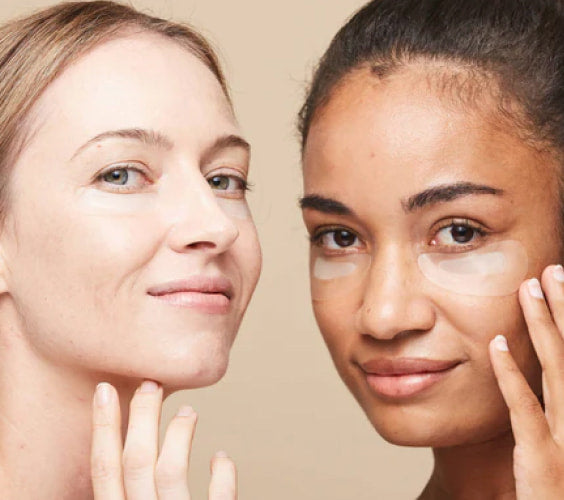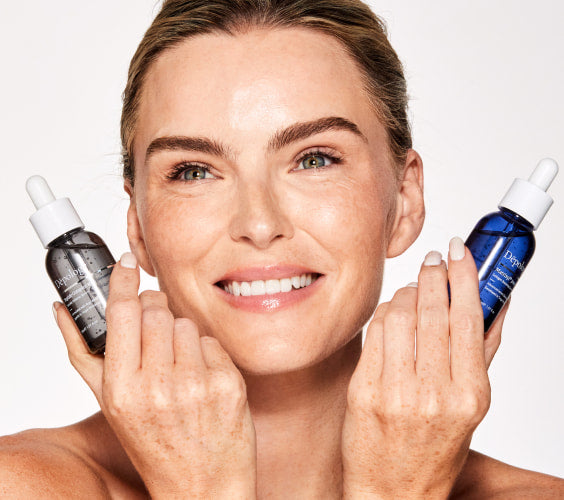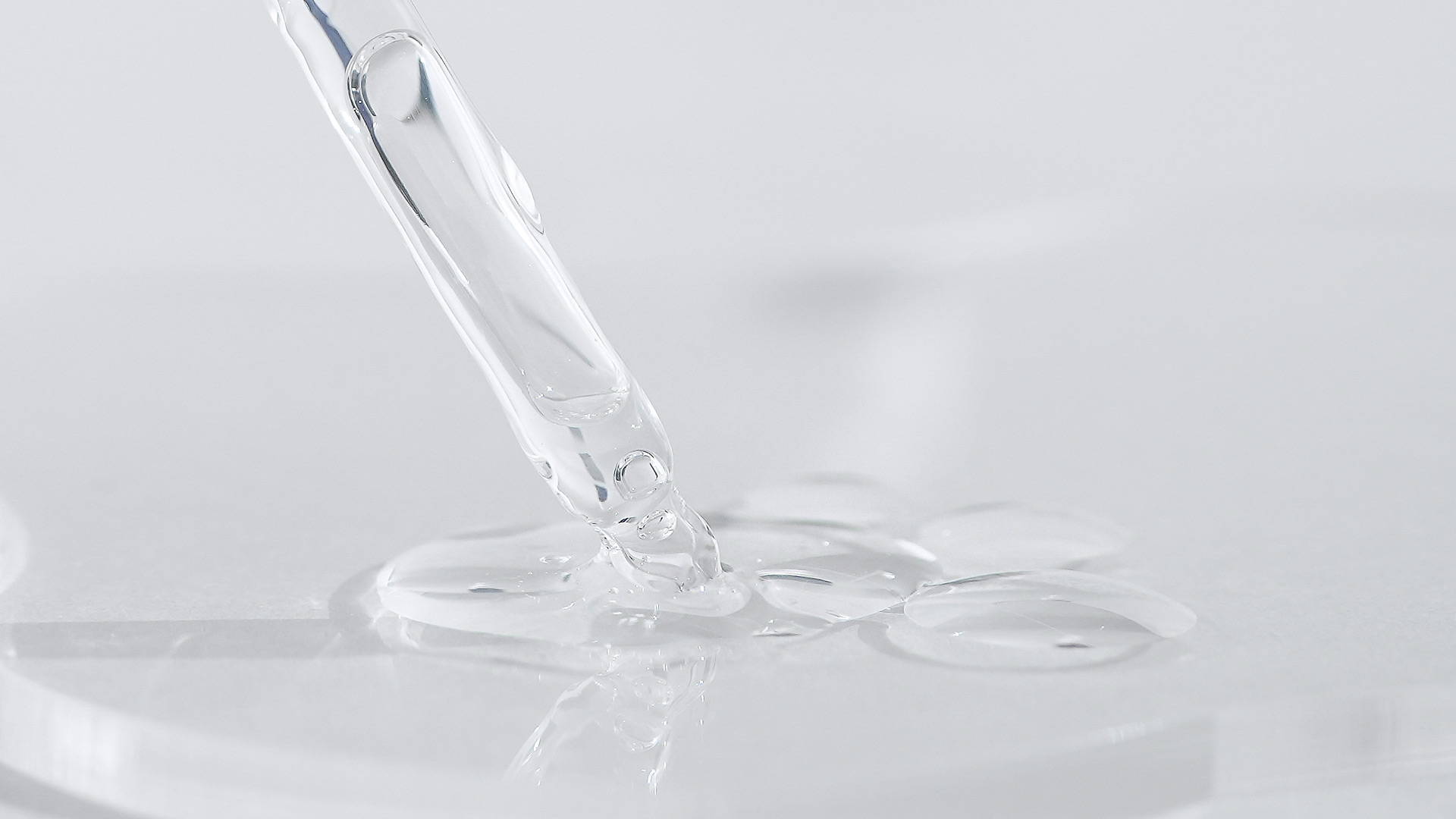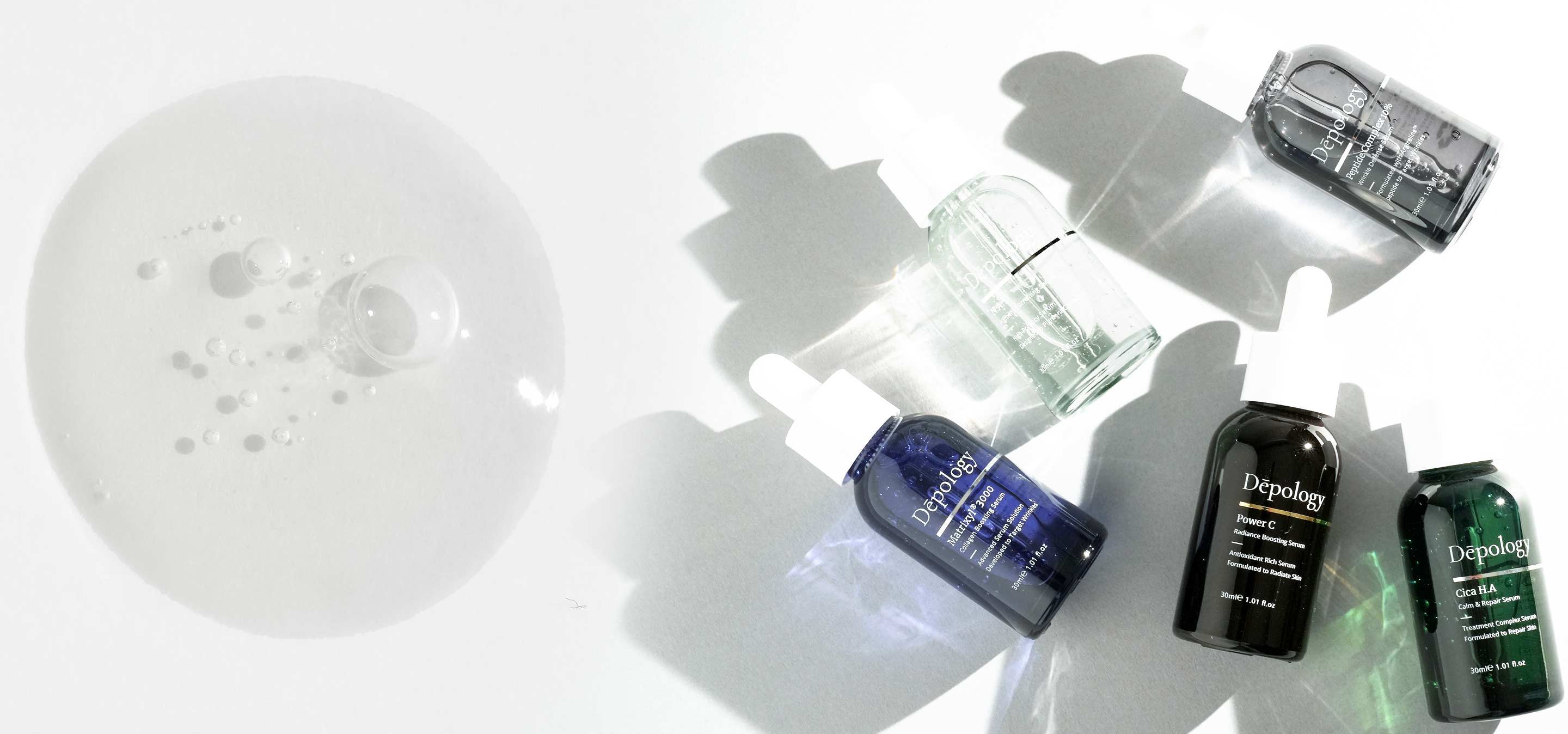
What Is Vitamin A In Skincare?
Everyone knows retinoids are a skincare user’s best friend, retinol being one of the most popular active ingredients on the market when it comes to targeting fine lines and wrinkles. However, its derivative, Vitamin A, is less known in the industry, despite its proven effects at normalizing blood flow and optimizing UV protection.
Whether you’re looking to treat aging symptoms or specific skin conditions, you might want to look into incorporating a bit of vitamin A into your life.
Is Vitamin A the Same As Retinol?
While vitamin A and retinol are related, they’re not exactly the same thing. Vitamin A is a fat-soluble vitamin that is essential for various bodily functions, such as supporting a healthy immune system and promoting proper organ function. Retinol is a specific type of retinoid, and it is often considered the most active and usable form of vitamin A in the body. When you consume retinol directly from animal sources or as a skin care supplement, your body can utilize it directly without further conversion.
What Are the Skin Benefits of Vitamin A?
Vitamin A, particularly in its retinoid form, offers numerous skin benefits when applied topically or taken as a supplement. Some of the major skin benefits of vitamin A include:
- Anti-aging effects
Retinoids are well-known for their ability to reduce the appearance of fine lines, wrinkles, and age spots. They aid in collagen, which helps improve skin elasticity and firmness, leading to a more youthful appearance.
- Acne treatment
Topical retinoids are effective in treating acne by unclogging pores, reducing inflammation, and preventing the formation of new pimples. They can also help fade acne scars over time.
- Improved skin texture
Vitamin A promotes skin cell turnover, ultimately shedding dead skin cells and encouraging the growth of new, healthy skin cells. This leads to smoother skin and a more even texture.
- Reduced hyperpigmentation
Retinoids can help fade hyperpigmentation, such as dark spots and sunspots, by inhibiting the production of melanin.
- Minimized appearance of pores
Regular use of retinoids can help minimize the appearance of large pores.
- Enhanced skin hydration
Vitamin A helps strengthen the skin's natural barrier, reducing water loss and improving overall hydration.
While vitamin A provides significant benefits for the skin, it can also cause skin irritation, especially when used in high concentrations. Using sunscreen is crucial when using retinoids. Retinoids should always be applied in your PM skincare routine.
Is Vitamin A Or C Better For the Skin?
Both vitamin A (retinoids) and vitamin C offer unique and valuable benefits for the skin.
- Antioxidant properties: Vitamin C protects from free radicals.
- Brightening effect: Helps brighten skin and even out tone.
- Sun damage protection: Enhances sunscreen effectiveness.
- Anti-inflammatory properties: Helps soothe redness.
Vitamin A excels for aging, acne, and texture; Vitamin C excels for brightening and antioxidant protection.
How Do You Use Vitamin A On the Face?
Using vitamin A requires a careful approach:
- Ease Vitamin A Into Your Routine Gradually
Start with low concentration and apply once or twice a week initially.
Apply at night after cleansing and before moisturizing.
Ensure skin is clean before applying.
Use a pea-sized amount and avoid eyes, nostrils, corners of mouth.
Apply moisturizer after absorption.
- Sunscreen in the AM
Use SPF30+ to avoid UV irritation.
- Patience is a virtue
Results take weeks; consistency is key.
What Is the Best Form of Vitamin A For the Skin?
Common forms include:
- Retinol — widely used, effective for aging.
- Retinoids — prescription-strength, potent.
- Retinal — intermediate strength, less irritating.
When To Start Using Vitamin A?
It depends on age, skin concerns, and previous experience.
- Age: Often introduced in late 20s–30s.
- Skin Concerns: Acne/hyperpigmentation may start earlier.
- Experience: Beginners should start mild and slow.
Can You Use Vitamin A When Pregnant?
High doses of retinoids can harm a fetus. Avoid prescription-strength retinoids. Mild OTC retinol may be used *only with doctor guidance*.
What Pairs Well With Vitamin A?
- Hyaluronic Acid — helps hydration.
- Niacinamide — reduces redness and irritation.
- Vitamin C — antioxidant support.
- Peptides — support elasticity.
- Ceramides — strengthen skin barrier.
- Gentle Exfoliants — AHAs/BHAs (with caution).
- Antioxidants — green tea, niacinamide.
- Caffeine — helps puffiness and dark circles.
What Not To Mix With Vitamin A?
- Other Retinoids — increases irritation.
- AHAs — can cause sensitivity.
- BHAs — alternate usage recommended.
- Benzoyl Peroxide — use separately.
- Physical Exfoliants — avoid harsh scrubs.
- Essential Oils — may increase irritation.
Final verdict: vitamin a in skincare
Everyone's skin is different. If combining multiple actives, consult a professional. Always perform a patch test before trying new products.


